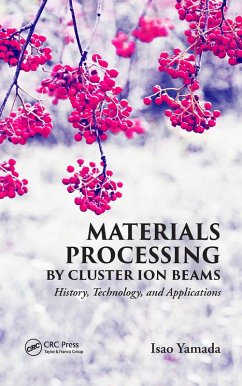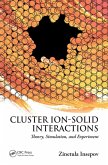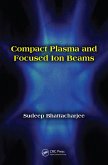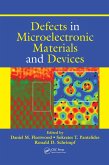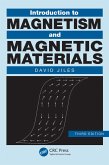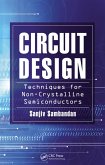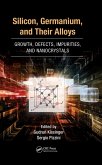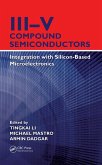This book discusses the physics, materials science, surface engineering issues, and nanotechnology capabilities of cluster beam processing. Written by the originator of the gas cluster ion beam (GCIB) concept, the text describes the development of sources for producing cluster beams from solid materials, the engineering characteristics of gas cluster ion beam equipment, and surface processing techniques for smoothing, shallow implantation, and preparation of high-quality thin films. It offers an overview of ion beam technologies, from the discovery of monomer ions to the introduction of GCIBs.
Dieser Download kann aus rechtlichen Gründen nur mit Rechnungsadresse in A, B, BG, CY, CZ, D, DK, EW, E, FIN, F, GR, HR, H, IRL, I, LT, L, LR, M, NL, PL, P, R, S, SLO, SK ausgeliefert werden.

